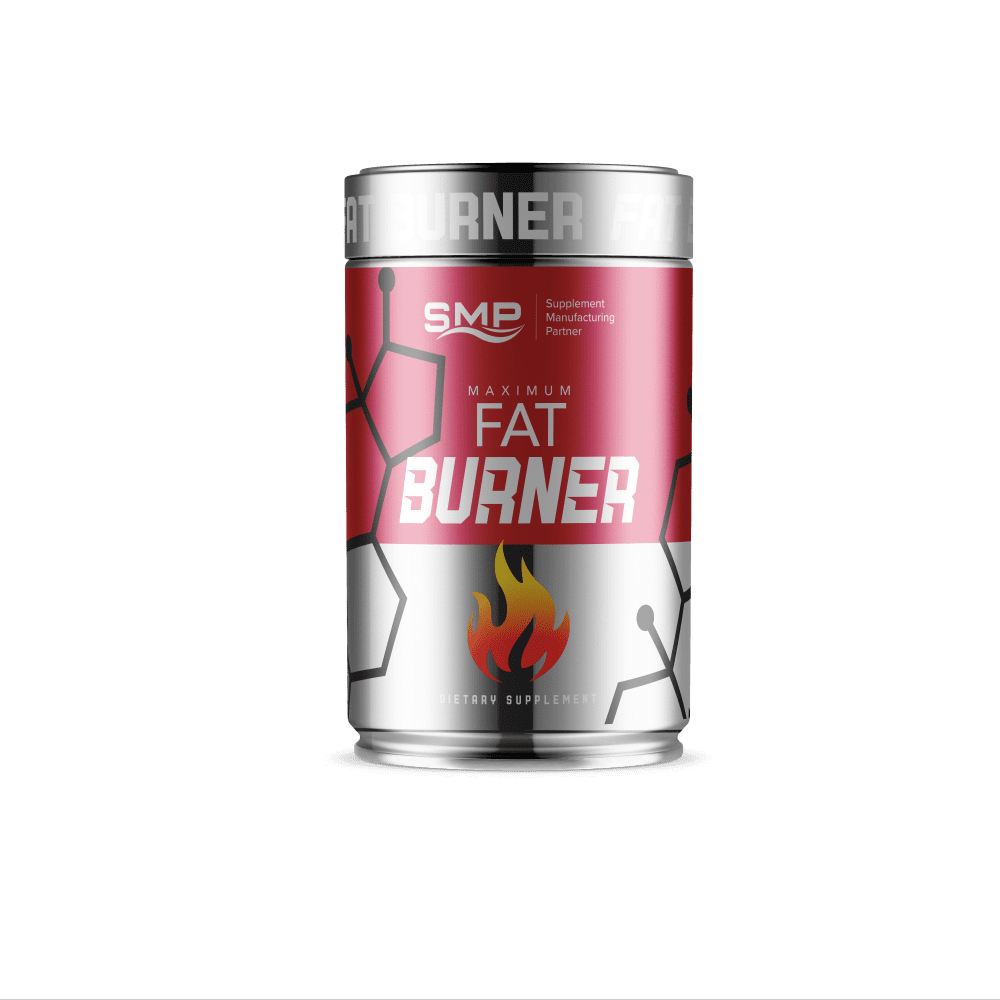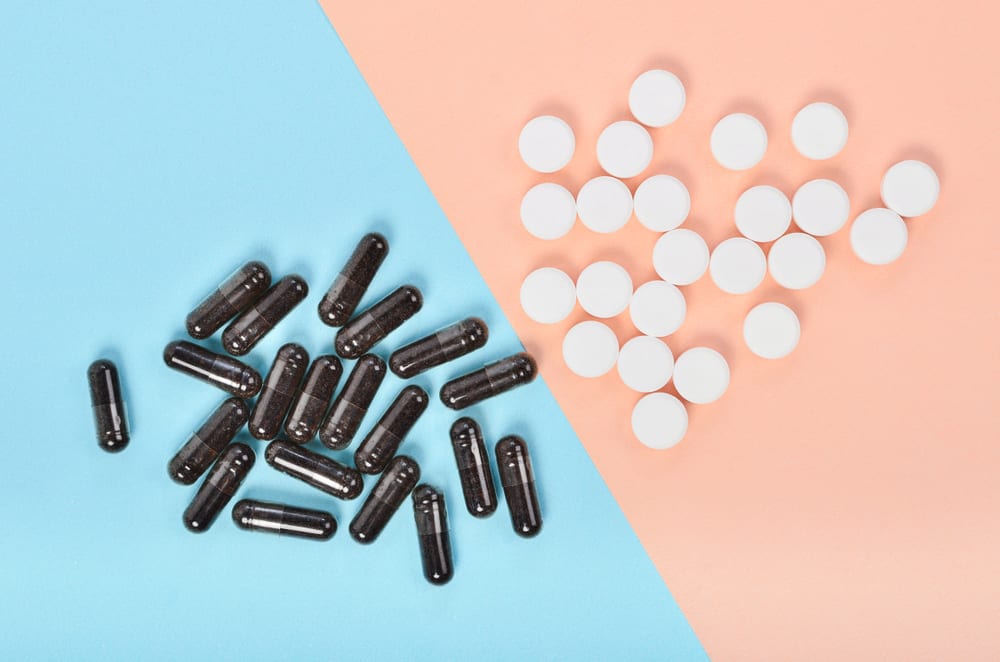
Supplements come in a variety of forms. They are most commonly found as tablets or capsules but also as softgels, chewables, liquids, and powders. That’s why it’s understandable that many people wonder: Capsule vs. tablet? Which is best?
Both supplement takers and manufacturers appreciate the wide variety of forms available on the market today. A variety of vitamin and supplement choices allows consumers to identify the right dosage form for their needs.
Still, the choice for consumers usually comes down to capsule or tablet form.
Invariably, the same question is also considered by supplement manufacturers, as they want to provide the best and most popular options to their customers. However, there are several other factors to consider in this debate. One of these factors is how the body absorbs different forms.
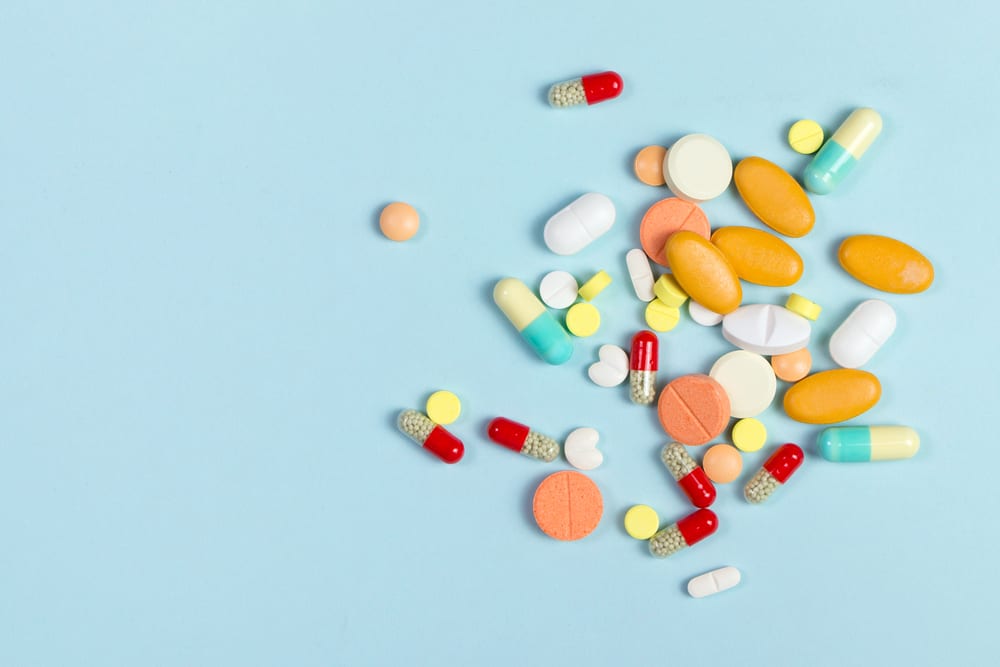
Capsule vs. Tablet Absorption
Rate of absorption is a major concern when taking a vitamin or supplement.
A common complaint about taking these pills is that they do not absorb quickly or completely enough. In many cases, the bulk of the vitamin or supplement passes through the body and exits through the passage of urine.
The absorption rate of supplements increases by adding other ingredients, which helps to slow down the rate of absorption.
The technology that goes into the development and manufacturing of tablets or capsules has evolved considerably.
Is Faster Better?
Both pill options have improved in terms of their rates of absorption. Researchers regularly test supplements to maximize their absorption in the stomach and digestive tract.
When it comes to absorption of supplements in tablet or capsule form, faster isn’t always better. There isn’t always an advantage to it. In some cases, especially with stronger vitamins, a slower rate of absorption might actually be preferable. Nutrients go to waste if the pathway can not absorb the supplement.
For many essential nutrients, slower absorption is actually better. Some supplements and vitamins release their active ingredients at a particular time. However, other supplement types such as pre-workout formulas, energy drinks or supplements are better served with faster absorption rates.
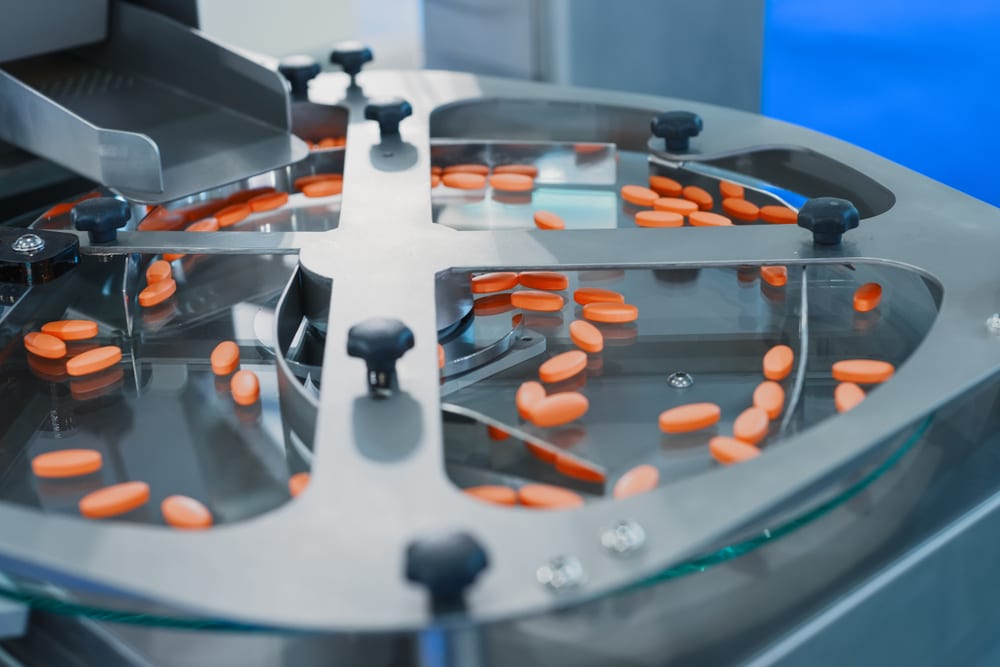
An Overview of Tablets
Tablets are less expensive to manufacture than other vitamin and supplement formats, and they tend to be the most cost-effective for consumers.
They allow tablet manufacturers to pack more product into a smaller space than with capsules or other delivery systems. Tablets are also the most shelf-stable choice, as they can retain their potency for long periods of time.
Tablet Properties
Tablets can be made in the widest variety of shapes and sizes. They offer even more flexibility and options for the manufacturer and the consumer.
Tablets must be hard enough to stay together in their packaging but soft enough to dissolve during digestion. Manufacturers use a variety of tests to control quality and ensure that each batch has the correct hardness.
Generally speaking, tablets may be better in terms of consistent absorption. However, one of the main downsides to tablets is that their hardness and some of the larger sizes can be difficult to swallow for some people.
Compared to liquids, tablets have much less flexible dosing options. However, unlike capsules, tablets can be easily divided in half by the consumer. These are important features to consider when thinking about capsule vs. tablets.
Tablet Manufacturing
Since tablets require a solid form, the manufacturing process can be slightly more difficult.
There are three main methods for manufacturing tablets: direct compression, dry granulation, and wet granulation.
Direct compression involves the mixing of active ingredients and other substances. They turn into a powder that is compressed into a tablet.
The wet and dry granulation methods include additional steps including the sieving the granules. In wet granulation, a liquid helps to agglomerate the dry powder.
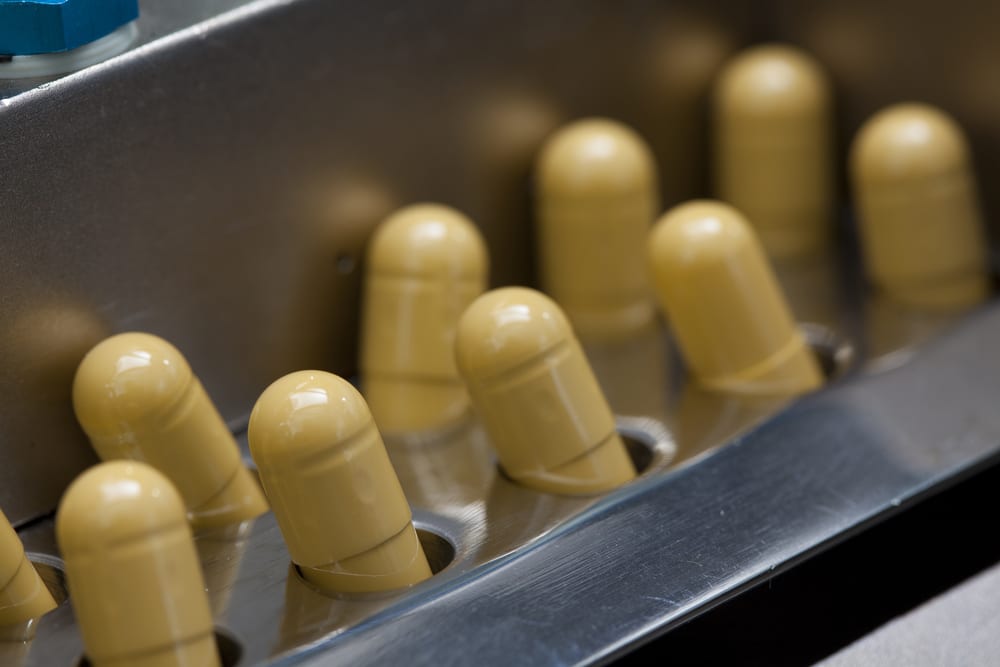
All About Capsules
Capsules are two-piece enclosures made of gelatin that contain active ingredients, such as vitamin and supplement materials. There are a few capsule enclosure options that are not made of gelatin.
Capsule Properties
They are generally easier to swallow than tablets. For many people, this is an important point in the capsule vs. tablet debate.
They break down more quickly in the stomach than tablets, which can be positive, negative or neutral depending upon the supplement.
For those that don’t like to swallow tablets, capsules offer a useful solution. The capsules can be easily opened. Their contents can even be poured into a beverage or consumed with food.
When consumers want to add tablets to their food, they need to crush the tablet first. Doing so can be difficult without the right tools to crush ingredients.
One drawback of capsules is that they are often more expensive than tablets. Capsule containers are also a bit larger since machines cannot compress their contents as in tablet form. Capsules can expire much quicker than tablets. This is because their enclosure is usually not airtight.
Single-Piece vs. Two-Piece Capsules
There are two main types of capsules available: single-piece and two-piece gel capsules.
The first type is a single-piece, or “soft capsule.” This is a one-piece, sealed shell that contains a liquid or a fill. The shell in this type of capsule is typically made of gelatin.
Soft capsules are optimal for poorly soluble drugs because the liquid inside the capsule can be more easily absorbed by the body.
Manufacturers create “hard capsules” by filling one half of the capsule with powder and pressing the other half on top.
The powder inside of the capsule contains the active ingredients, binders, and other agents, which bulk up and stabilize the substance’s formulation.
The following is a more concise overview of the pros and cons of both tablets and capsules for manufacturers and consumers.
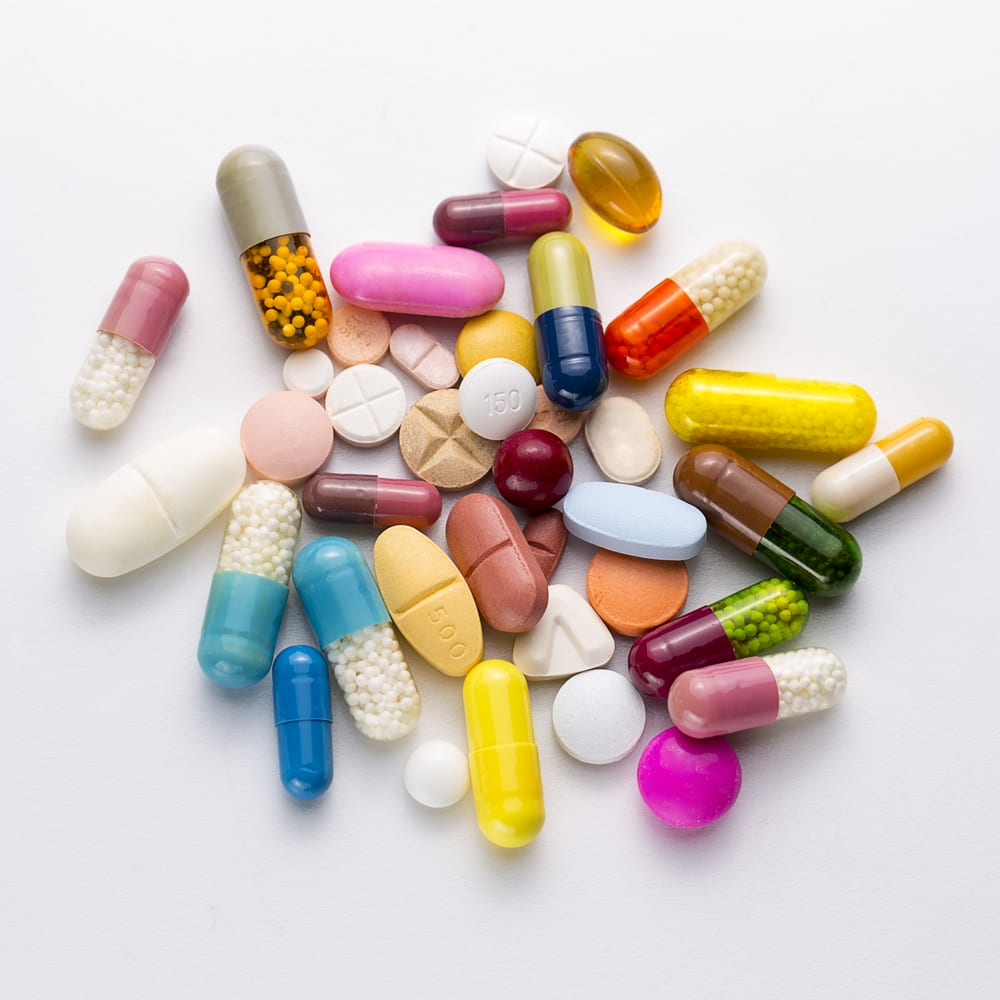
Final Overview
Benefits of Tablets
- Widely known and accepted
- Lower cost
- Made in custom shapes and sizes
- Scoring makes dose splitting possible
- Take up less space
- Chewable tablets are an option
- Controlled release agents provide better, more consistent absorption
- Coated for a reasonable cost
- Controlled to offer fast, time-delayed, or extended-release
Benefits of Capsules
- Often easier to swallow
- Protects sensitive ingredients
- Easily opened
- Reduced stomach irritation
- Unique ingredient combinations are possible
- Gelatin and vegetarian enclosure options
- Oil or fat-soluble nutrient delivery options
Both consumers and supplement manufacturers should be aware of the advantages and disadvantages when deciding “capsule vs. tablet?” Of course, there are both benefits and drawbacks to each format. Capsule vs. tablet absorption should be a primary consideration when considering which form to use. Some supplement types lend themselves to one format over the other.
However, as you can see, there is still a place for both tablets and capsules in the supplement marketplace. The capsule vs. tablet decision is best made on a case by case basis with each vitamin or supplement product.
Manufacture Your Private Label Supplements With SMP Nutra
SMP Nutra is capable of manufacturing any nutraceutical formula. From manufacturing to fulfillment, we offer every service you could need for your private label supplement brand.


